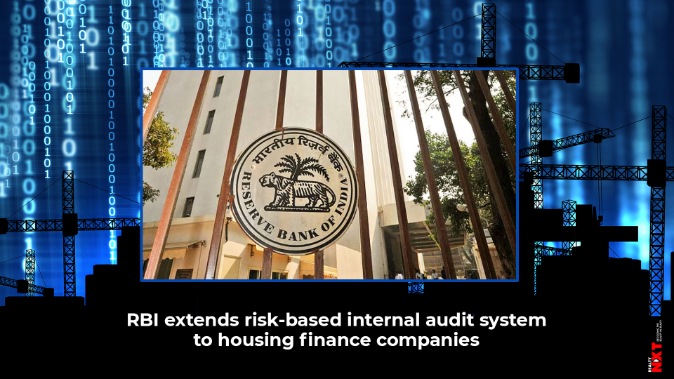The provisions will apply to all deposit-taking HFCs
The Reserve Bank on Friday extended the risk-based internal audit (RBIA) system to select housing finance companies to enhance the quality and effectiveness of their internal audit system.
In February this year, the RBI had issued a circular mandating the RBIA framework for select non-banking financial companies (NBFCs) and urban co-operative banks by March 31, 2022.
On Friday, the RBI, through a circular, extended the provisions issued for NBFCs to housing finance companies (HFCs) also.
The provisions will apply to all deposit-taking HFCs, irrespective of their size, as well as non-deposit-taking HFCs with asset size of Rs 5,000 crore and above, the central bank said.
Such HFCs have been asked to put in place an RBIA framework by June 30, 2022.
An effective RBIA is an audit methodology that links an organisation’s overall risk management framework and provides an assurance to the Board of Directors and the senior management on the quality and effectiveness of the organisation’s internal controls, risk management and governance-related systems and processes.
As per the RBI’s February circular, the internal audit function should broadly assess and contribute to the overall improvement of the organisation’s governance, risk management, and control processes using a systematic and disciplined approach.
The function is an integral part of sound corporate governance and is considered as the third line of defence, it had said.
Historically, the internal audit system at NBFCs/UCBs has generally been concentrating on transaction testing, testing of accuracy and reliability of accounting records and financial reports, adherence to legal and regulatory requirements, which might not be sufficient in a changing scenario.
A shift to a framework that focuses on the evaluation of the risk management systems and control procedures in various areas of operations, in addition to transaction testing, will help in anticipating areas of potential risks and mitigating such risks, the central bank had said.
In February the Reserve Bank of India had said that all deposit-taking NBFCs; all non-deposit taking NBFCs with asset size of Rs 5,000 crore and above; and all UCBs having an asset size of Rs 500 crore and above under will have to implement the RBIA framework by March 31, 2022.
Source: PTI
(The story has been published from a wire feed without modifications to the text. Only the heading has been changed)



























